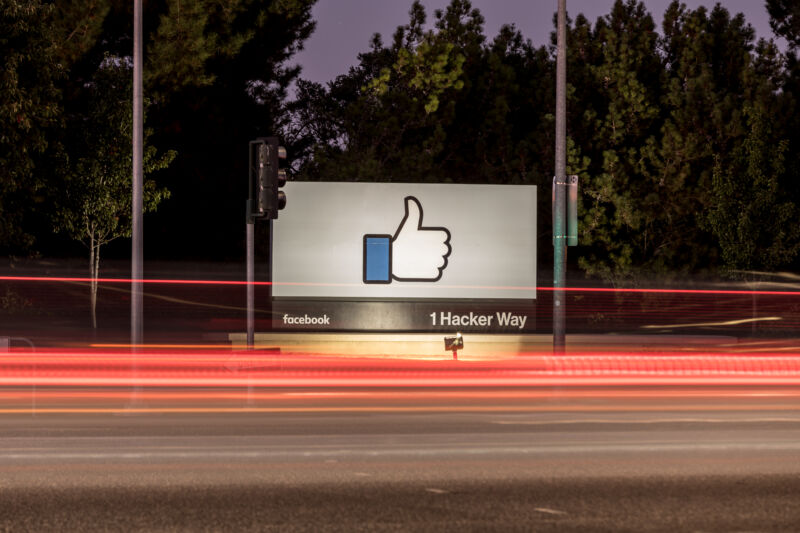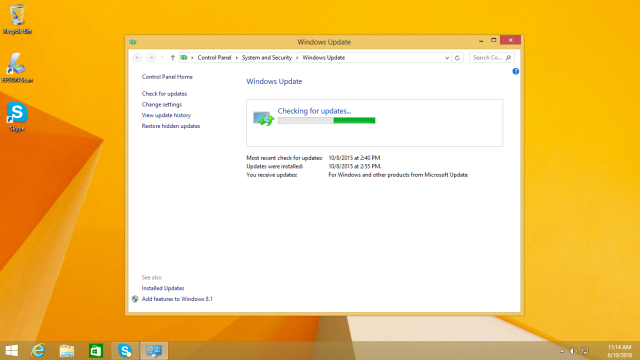GUEST ESSAY: Here’s why castle-wall defenses utterly fail at stopping deceptive adversaries
When it comes to cyber attacks, most businesses think: “It could never happen to us,” but some plots are just hitting a little too close to home.
Related: T-Mobile breach reflects rising mobile device attacks

For instance, if you’ve ever played Grand Theft Auto, you know the goal is quite simply mass destruction: Use whatever resources you have at your disposal to cause as much damage as you possibly can and just keep going.
 Not familiar with Grand Theft Auto? Let’s try Super Mario Bros. then. As Mario makes his way through eight increasingly difficult worlds, each of them is protected by a castle. As Mario reaches the end of each castle, he can defeat Bowser.
Not familiar with Grand Theft Auto? Let’s try Super Mario Bros. then. As Mario makes his way through eight increasingly difficult worlds, each of them is protected by a castle. As Mario reaches the end of each castle, he can defeat Bowser.
This is not unlike the mindset of modern cyber attackers – they’re wreaking havoc and becoming pros at finding ways to get away with it.Living-off-the-land (LotL) attacks are providing a way for adversaries to stay under cover. Attackers use tools and features that are already available in the systems they’re targeting so they look like legitimate users — until they steal your crown jewels.
But you can fight back. There are several methods of active defense that companies can utilize to safeguard their networks, and it’s time for CISOs to start picking. To date, the main goal in mind has been to prevent attackers from breaching your defenses and making their way into the castle, but the reality is this approach is flawed.

Israeli
Attackers will get in, it’s only a matter of time. Traditional network security solutions, such as firewalls, are not effective at detecting and stopping lateral attack movement – and that’s where the real damage is done. Many forms of access control and endpoint protection, such as EDR, are nothing more than a checkpoint that provides unfettered access once defeated – like Mario raising a flag after beating a level.
To take the analogy further, only after defeating Bowser does Mario learn that it wasn’t the real Bowser after all and that “our princess is in another castle.” Rather than just keeping Mario out of the castle entirely – i.e. deploying traditional perimeter defenses – in this scenario, Bowser deployed an advanced threat protection by sending…

